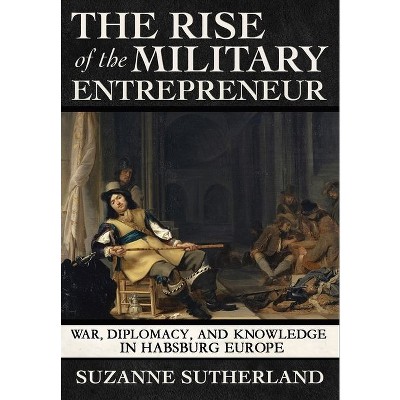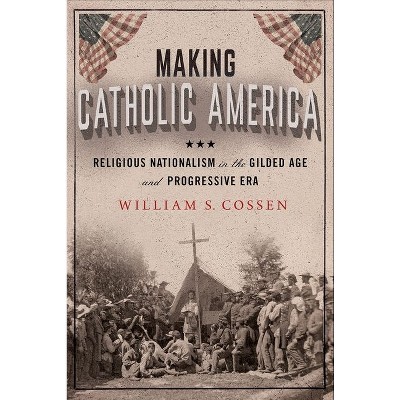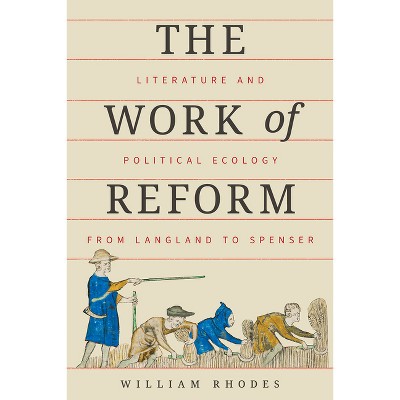Sponsored

Gilded Age Entrepreneur - by Simon Cordery (Hardcover)
In Stock
Sponsored
About this item
Highlights
- Simon Cordery's Gilded Age Entrepreneur illuminates the fascinating and chaotic business world of Albert Pullman.
- About the Author: Simon Cordery is Professor and Chair in the History Department at Iowa State University.
- 366 Pages
- History, United States
Description
About the Book
"This book draws back the curtain on Gilded Age business to reveal the key role of everyday entrepreneurs. Albert Pullman, the influential but little-known older brother of George Pullman, personified how small-time investors fueled the circulation of capital. From banking and insurance to manufacturing and land sales, a host of hopeful dreamers like Albert created and lost businesses by forging connections, issuing shares, and longing for profit"-- Provided by publisher.Book Synopsis
Simon Cordery's Gilded Age Entrepreneur illuminates the fascinating and chaotic business world of Albert Pullman. The influential but little-known older brother of George Pullman and the craftsman of the family, Albert designed the first luxurious Pullman railroad cars and hosted promotional trips to show them off. In those heady early days, he met national business and political leaders and hired the first Pullman porters.
Albert and George made a formidable team, but as the Pullman Company grew, Albert's role shrank. He turned to his own investment portfolio, often with disastrous results. Beginning with the industrial laundry that cleaned sleeping-car linens, Albert appeared before the Supreme Court after a catastrophic insurance investment, ran afoul of federal banking regulations, and failed in an attempt to corner wheat futures. With evermore unsuccessful speculations, Albert was tempted by extralegal land sales and entered the silver-mining game. Finally, his own family in crisis and his relationship with George shattered, Albert Pullman launched into one last round of adventurous investments with mixed results.
Gilded Age Entrepreneur demonstrates that Albert Pullman embodied the small-time investors who were legion after the Civil War. From banking and insurance to manufacturing and mining, a host of hopeful dreamers like Albert Pullman fueled the circulation of capital by forging political connections, creating and losing businesses, issuing shares, and longing for profit.
About the Author
Simon Cordery is Professor and Chair in the History Department at Iowa State University. He is the author of The Iron Road in the Prairie State, Mother Jones, and British Friendly Societies, 1750-1914.
Shipping details
Return details
Trending Non-Fiction

















